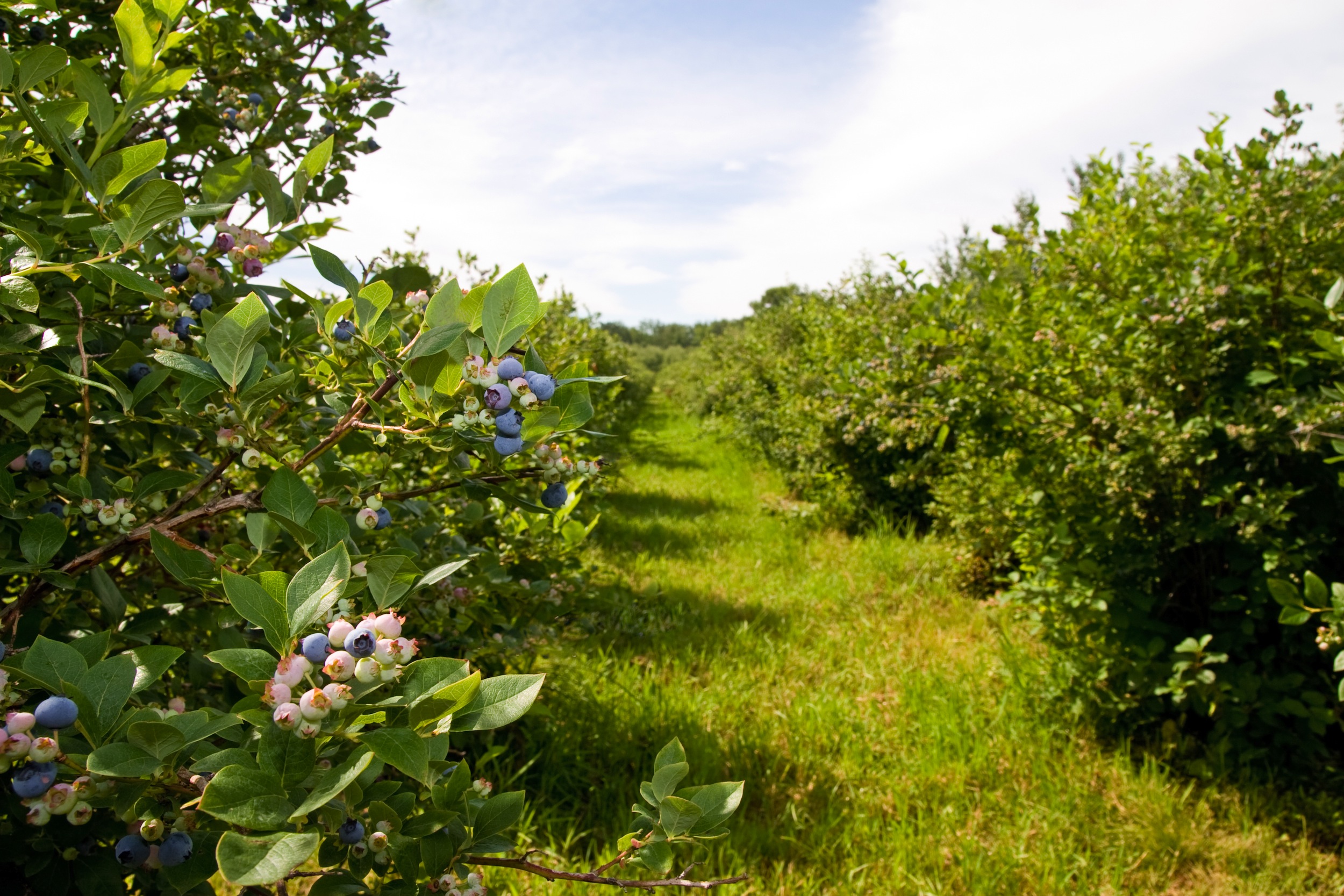Nova Scotia blueberry producers say more honey bees essential for industry
The organization representing wild blueberry growers in Nova Scotia says profit margins are expected to be so low that growers need as many bees as possible to pollinate crops this spring.
Peter Rideout, executive director of the Wild Blueberry Producers Association of Nova Scotia, says continuing to import bees from Ontario is necessary because there are not enough local hives.
“Right now there’s a gap and that gap is around 5,000 hives during the pollination season,” he said.
“Honey bees for pollination is the single most important thing you can do to increase the commercial yields of wild blueberries.”
Nova Scotia’s Minister of Agriculture Keith Colwell has said new measures to import bees from Ontario are necessary to balance the needs of the blueberry and bee industries.
Yields ‘decreased’
Rideout says last year producers received about 50 cents a pound for wild blueberries.
“That’s a pretty marginal price and the margins were pretty tight, if those yields were correspondingly decreased by not having sufficient pollination then that would make the profit margin even tighter or perhaps negative,” he said Monday.
Blueberry growers are renting the 5,000 hives from beekeepers in Ontario and the colonies will be imported to Nova Scotia for a few weeks during the spring bloom, which is expected to happen the end of May and the first two weeks of June this year.
The province says it is sending an inspection team — made up of local beekeepers and blueberry growers — to Ontario to examine the individual hives before they’re shipped to ensure they’re not infested with the small hive beetle.
The Nova Scotia Beekeepers Association had asked the province to close the border to bees due to the pests, which has established itself in Ontario.
The beetle burrows in hives and lays eggs, preying on weak colonies. Its excrements can ferment honey if it isn’t.
Rideout says he’s confident about the control measures the province is putting in place. A course coming up this weekend will train volunteers with his organization to assist inspecting the hives before they come to Nova Scotia.
“These are all people with commercial beekeeping experience,” he said. “And the beekeepers association is providing a similar number of people and it’s being coordinated by department of agriculture staff.
“We’re concerned about anything that might potentially harm the beekeeping industry,” he said.







